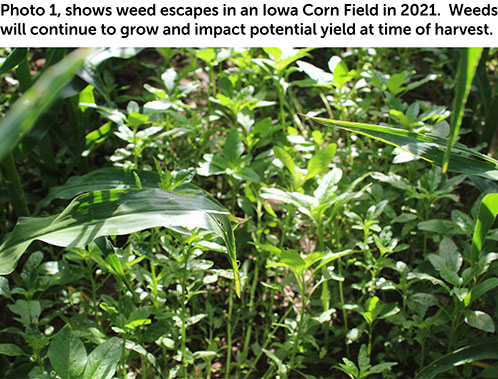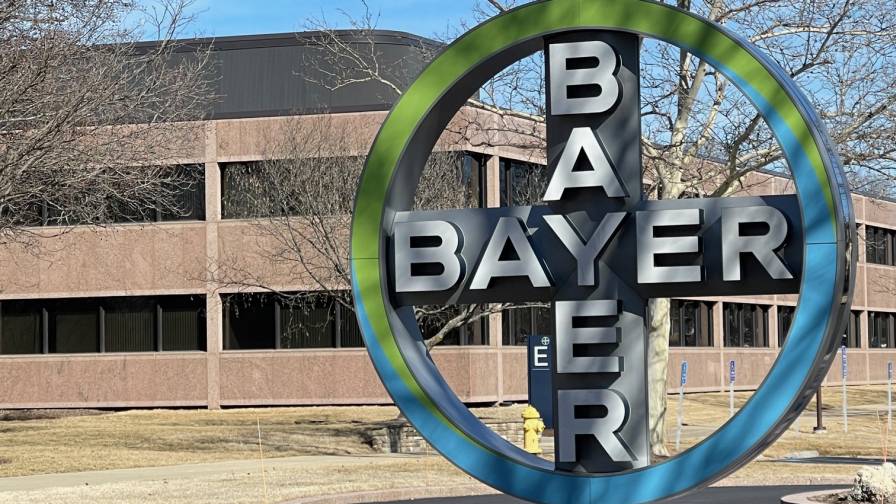Bayer CropScience To Close Carbamate Units
Bayer CropScience is closing certain manufacturing facilities dedicated to carbamate chemistries in Institute, WV, and is shutting down its Woodbine, GA, formulation facility. As a result of these changes at both sites, there will be a total reduction of approximately 300 positions within two years.
“The decision was based on a number of factors, with both strategic and economic considerations. It is fully in line with our global strategy to focus on delivering innovative solutions to modern agriculture and replacing older compounds in our portfolio, including WHO Class I products,” said Achim Noack, Member of the Board of Management of Bayer CropScience.
In recent years, the carbamate family has been largely substituted by newer products, prompting a review of the company’s carbamates business strategy. Following the August 2010 agreement with the U.S. EPA to phase out Temik brand insecticide/nematicide, the production of certain carbamates is no longer economically viable for Bayer CropScience.
“Temik has been the cornerstone of our carbamate manufacturing strategy,” said Chris Evans, Senior Vice President of Industrial Operations in North America for Bayer CropScience. “The decisions to exit Temik and to discontinue our Methomyl and Carbofuran production, made it impossible to maintain competitive operations at parts of our Institute site and at the formulation unit at Woodbine.”
Products affected by this decision include Aldicarb (the active ingredient in Temik brand insecticide/nematicide) and Carbaryl (the active ingredient in Sevin brand insecticide), as well as certain intermediate materials associated with their production.
The respective production operations, including methyl isocyanate (MIC), will be phased out over the next 18 months, to allow for an orderly market exit and honor the company’s commitment to growers.
Following a complete overhaul and technical modification of the MIC plant at Institute, the company intends to complete its planned startup of the unit over the next few weeks to ensure continued safe operations during the remaining production period. The unit will then be shut down and de-commissioned in mid 2012.
Bayer CropScience plans to continue supplying its customers with Temik in the US and other markets worldwide until the end of 2014, after which sales of the compound will be ceased. The company intends to continue marketing Sevin based on active ingredient supplies from alternate sources.
Larvin brand Thiodicarb insecticide will continue to be produced at the Institute Industrial Park and Bayer CropScience will continue to provide services and support to other site tenants.
The closure of part of the Institute site and the shut-down of Woodbine will result in one-time-costs of approximately EUR 200 million (approximately $275 million), which are primarily accounted for by de-commissioning costs. The one-time-cost and workforce reduction are part of the global restructuring announcement by the Bayer Group, published on November 18, 2010.
“This decision was not an easy one,” said Evans. “For many years, the Institute and Woodbine sites have provided good jobs within our communities and important products for agriculture. Although this change is necessary, we recognize the impact it will have on our employees and will act responsibly to support them during this transition.”
Bayer CropScience will be working closely with the governmental and regulatory bodies involved in this process going forward.






